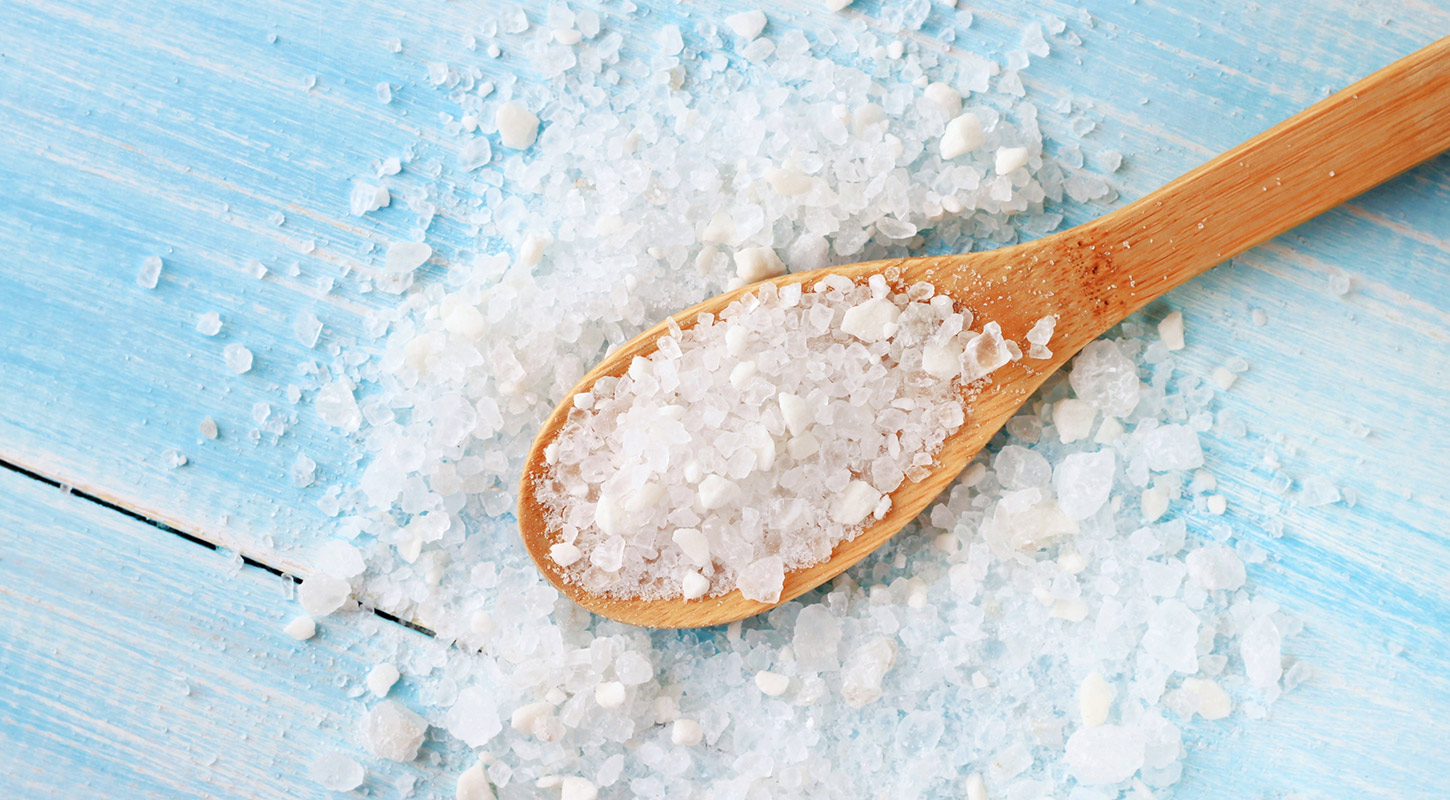The Connection between Sodium and Heart Health

Salt is necessary in our diets, but many Americans consume much more than they should – in fact, some are eating more than double the recommended allowance. A diet that is high in sodium can have a massive impact on your overall health, but can be especially detrimental to your heart health.
When you eat too much salt, the amount of sodium found in your bloodstream increases and it becomes more difficult for your kidneys to remove excess water from your blood. This results in higher blood pressure as your vessels become strained. As your blood pressure increases, the arteries have to put in more work to do their job.
In order for this to happen, the muscles in the walls of your artery become thicker, allowing for less space within the arteries and thus raising blood pressure even more. The long-term impact of this can result in a burst or clogged artery. For many people, this happens slowly over many years and can cause a heart attack. High blood pressure can also lead to angina. When less blood reaches the heart, you may experience chest pain.
How Much Salt Should I Be Eating?
In general, it is recommended that people eat no more than 1,500 milligrams of sodium each day. If you are an active athlete or need special dietary requirements, speaking to your doctor is the best way to get a personalized recommendation for the amount of sodium you should have in your diet.
If you’re looking to reduce your sodium intake, here are some easy heart healthy tips:
- Packaged and prepared foods are often high in sodium, so compare the nutritional labels before buying.
- Make sure fresh and frozen poultry you purchase does not have broth, saline, or sodium solution included on the packaging.
- Look for canned vegetables that don’t have added salt.
- Compare condiments and look for options that have reduced or lower sodium.
- Use other herbs and spices, like garlic, in place of salt when cooking at home.
- Dry and rinse canned beans and vegetables to remove excess sodium.
- Mix regular and low-sodium foods if you don’t enjoy the taste of completely sodium-free options.
- Increase the amount of potassium in your diet to counteract the affect that sodium has on your body.
Additionally, if you’re eating out, ask for more information about the amount of sodium in foods on the menu. You can also ask for special preparation without salt.
Decreasing the amount of sodium in your diet can help lower your blood pressure and improve your overall heart health. Speak with your doctor for specific recommendations for your family and learn how to maintain a heart healthy diet today.
